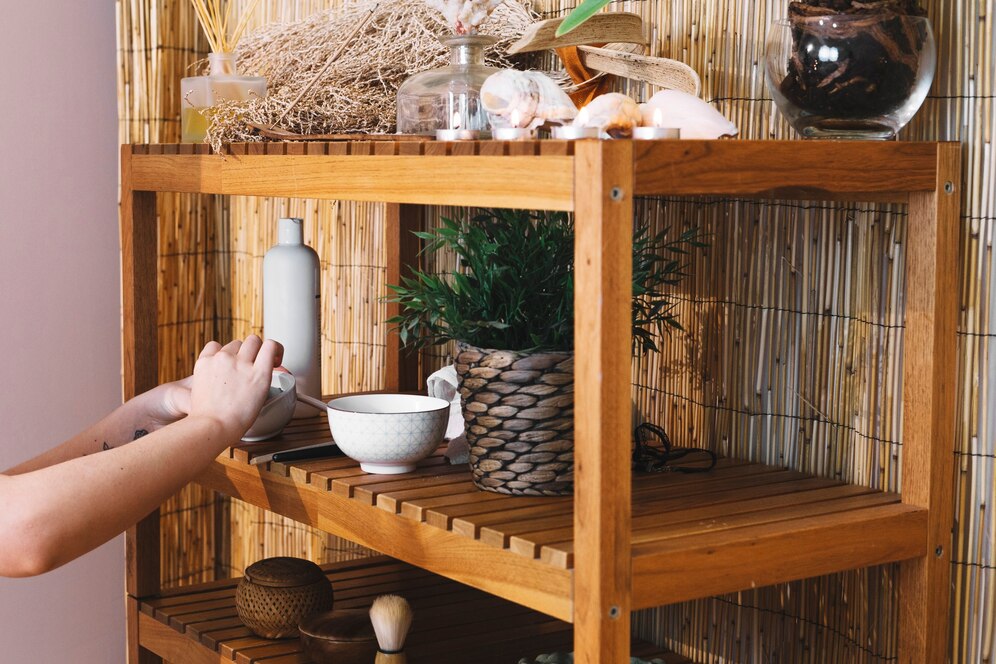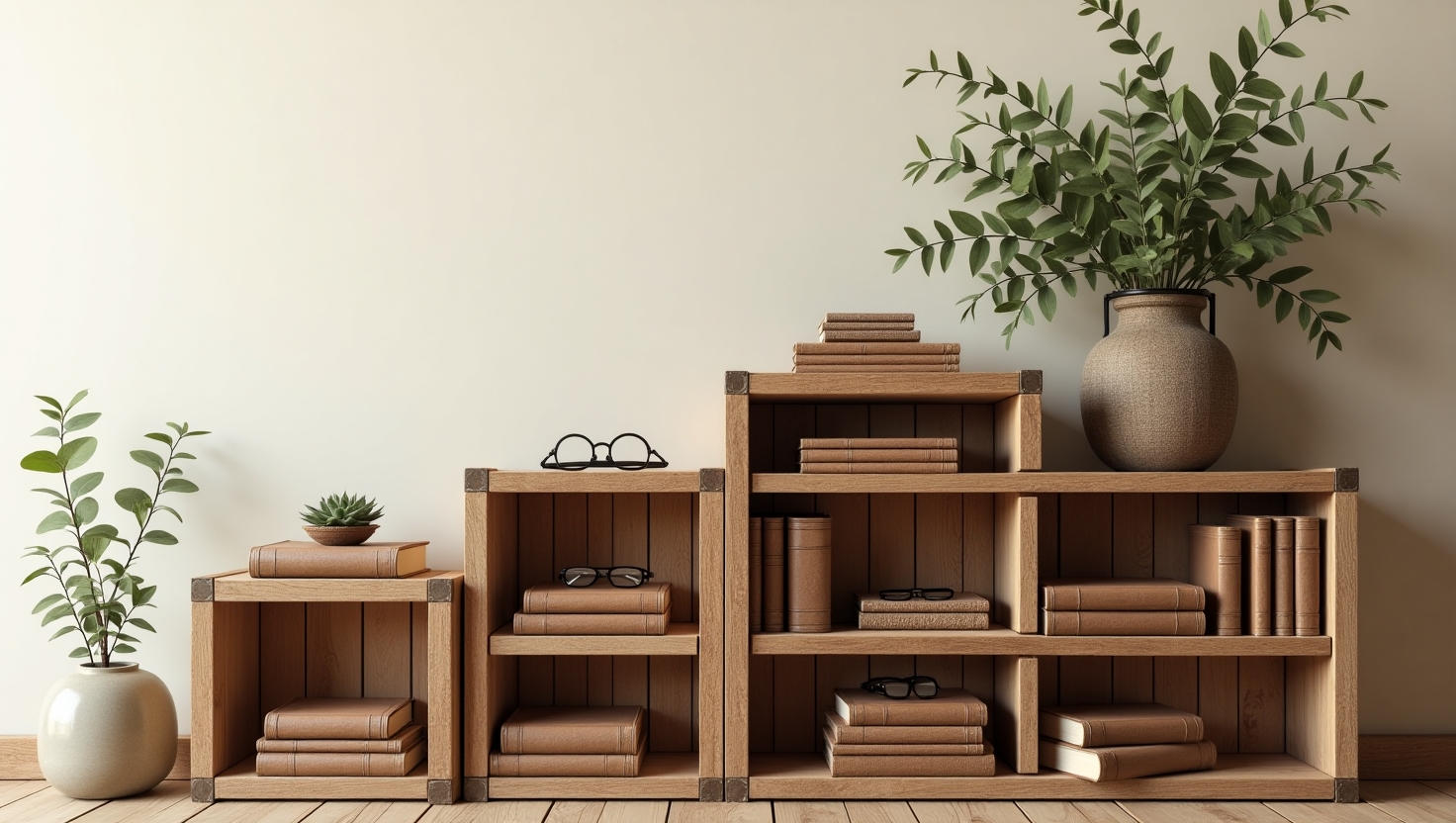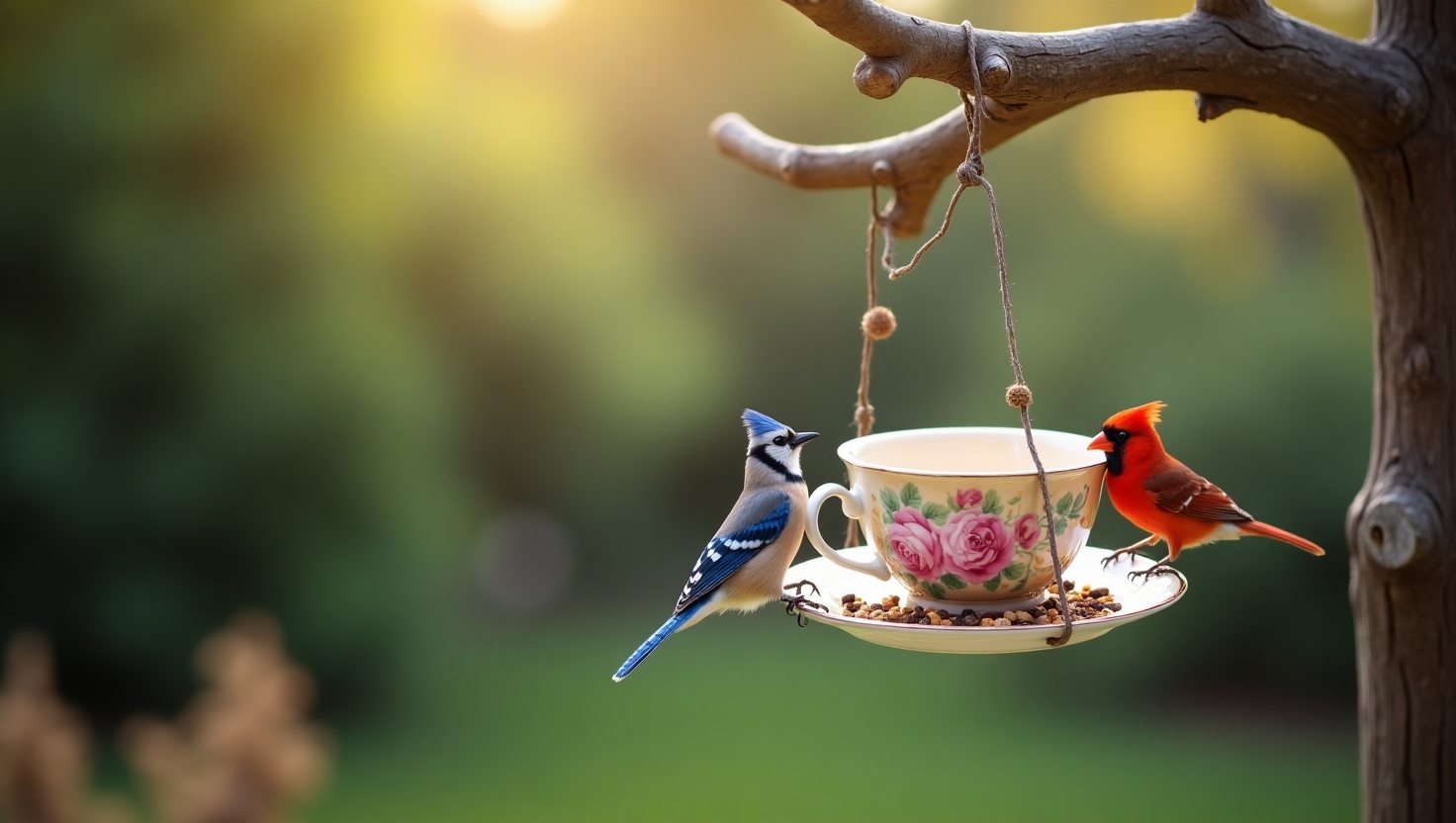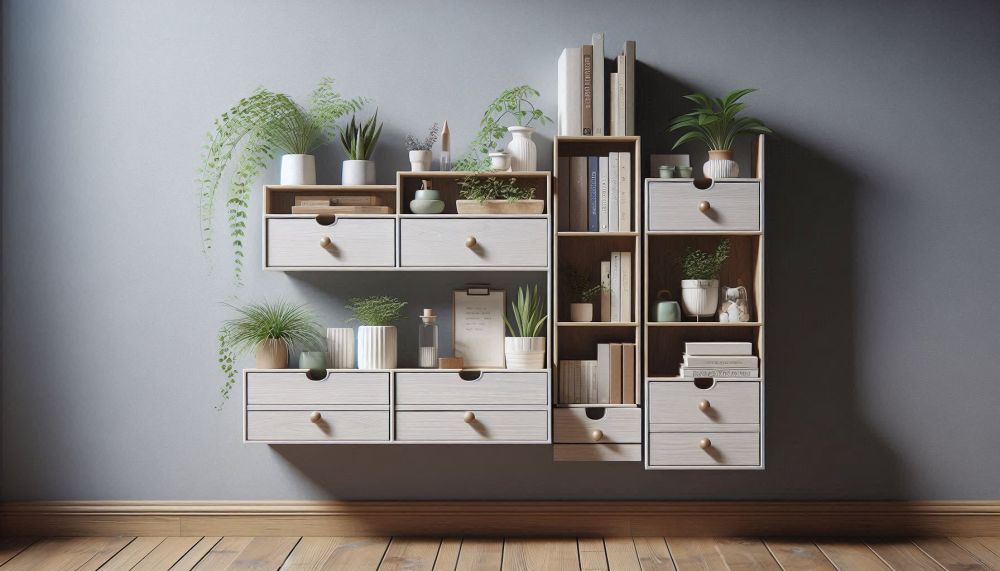Upcycling: A Sustainable Revolution
In a world where landfills overflow and fast furniture dominates, upcycling has emerged as a beacon of creativity and environmental stewardship. This movement isn’t just about saving money—it’s about reimagining waste as a resource. According to recent studies, households that actively upcycle reduce their waste footprint by up to 30%. From thrifted furniture to glass jars and old clothing, everyday items can be reborn as functional art. Let’s explore how you can join this eco-friendly revolution.
Why Upcycle? Environmental, Financial, and Creative Benefits
1. Reduce Waste, Protect the Planet
Every year, millions of tons of furniture, textiles, and plastics end up in landfills. Upcycling diverts these materials, cutting greenhouse gas emissions and conserving resources. For example, repurposing a single wooden pallet saves it from decomposing and releasing methane—a potent greenhouse gas.
2. Save Money with Style
Why buy new when you can transform what you already own? A dated dresser becomes a chic bookcase with peel-and-stick wallpaper, while old sweaters morph into cozy pillow covers. Thrift stores and roadside finds offer endless possibilities at a fraction of retail prices.
3. Unleash Your Creativity
Upcycling is a canvas for self-expression. Whether you’re crafting a wine cork bulletin board or turning broken china into pendants, each project reflects your unique style.
Step-by-Step Upcycling Projects to Try Today

1. Nautical Jute Rope Vase
Materials:
- Plain glass vase
- Jute rope
- Hot glue gun
Steps:
- Clean the vase thoroughly.
- Starting at the base, apply hot glue in sections and wrap the jute rope tightly around the vase.
- Continue until the entire surface is covered. Trim excess rope.
Tip: Add seashells or driftwood for a beachy vibe.

2. Botanical Bookcase from an Old Cabinet
Materials:
- Dated wooden cabinet
- Peel-and-stick botanical wallpaper
- Sandpaper, paint (optional)
Steps:
- Remove hardware and sand the cabinet.
- Cut wallpaper to fit the back panels of each shelf.
- Apply wallpaper smoothly, using a credit card to eliminate bubbles.
- Reattach hardware or replace with modern knobs.

3. Pallet Bookshelf
Materials:
- Wooden pallet
- Sandpaper, paint/stain
- Brackets, screws
Steps:
- Sand the pallet to remove splinters.
- Cut pallet into 2–3 sections (vertical or horizontal).
- Assemble shelves using brackets. Paint or stain for a rustic finish.

4. Sweater Pillow Covers
Materials:
- Old sweaters
- Scissors, sewing machine
- Pillow inserts
Steps:
- Cut sweaters to fit pillow inserts (add 1 inch for seams).
- Sew three sides, insert the pillow, and stitch the fourth side closed.
Tip: Use cable-knit sweaters for a cozy winter aesthetic.

5. Teacup Bird Feeder
Materials:
- Vintage teacup and saucer
- Waterproof adhesive, chain
Steps:
- Glue the teacup to the saucer at a slight angle.
- Attach a chain to the saucer’s rim for hanging.
- Fill with birdseed and hang outdoors.

6. Drawer Wall Shelf
Materials:
- Old drawer
- Sandpaper, paint
- Wall brackets
Steps:
- Sand and paint the drawer.
- Mount it horizontally or vertically on the wall.
- Use the compartment to display plants or books.
The Environmental Impact: Small Changes, Big Results
Upcycling isn’t just a trend—it’s a necessity. Here’s how your efforts make a difference:
1. Reduces Landfill Waste
The average American generates 4.9 pounds of trash daily. Repurposing items like glass jars (as candle holders or vases) keeps them out of landfills.
2. Lowers Carbon Footprint
Manufacturing new products consumes energy and raw materials. Upcycling a dresser into a kitchen island eliminates the need for new furniture production, saving approximately 330 lbs of CO2 emissions per item.
3. Promotes Circular Economy
Upcycling aligns with a “zero-waste” model where materials are reused indefinitely. For example, Verdeco Recycling transforms discarded plastics into high-quality rPET products.
Tips for Successful Upcycling
- Start Small: Begin with easy projects like jar lid magnets 11 or tin can planters.
- Shop Your Home: Before buying new, repurpose items like shutters into photo displays.
- Embrace Imperfections: Dents in beer can planters add rustic charm.
- Collaborate: Host a craft night to upcycle with friends!
Your Home, Your Legacy
Upcycling bridges creativity and responsibility. By transforming trash into treasure, you craft a home filled with stories while protecting the planet. Ready to start? Grab that old pallet, jar, or sweater—your next masterpiece awaits!
Let’s build a sustainable future—one upcycled project at a time.


